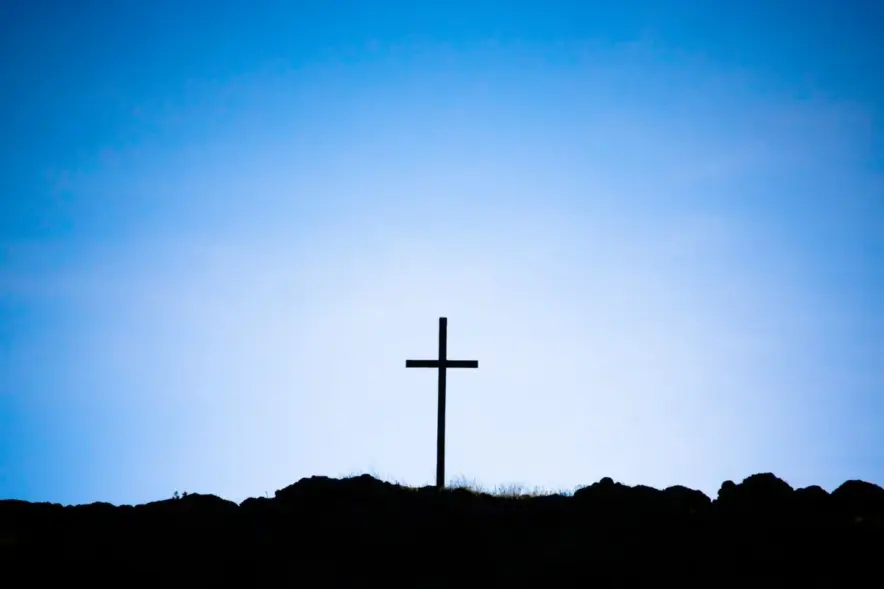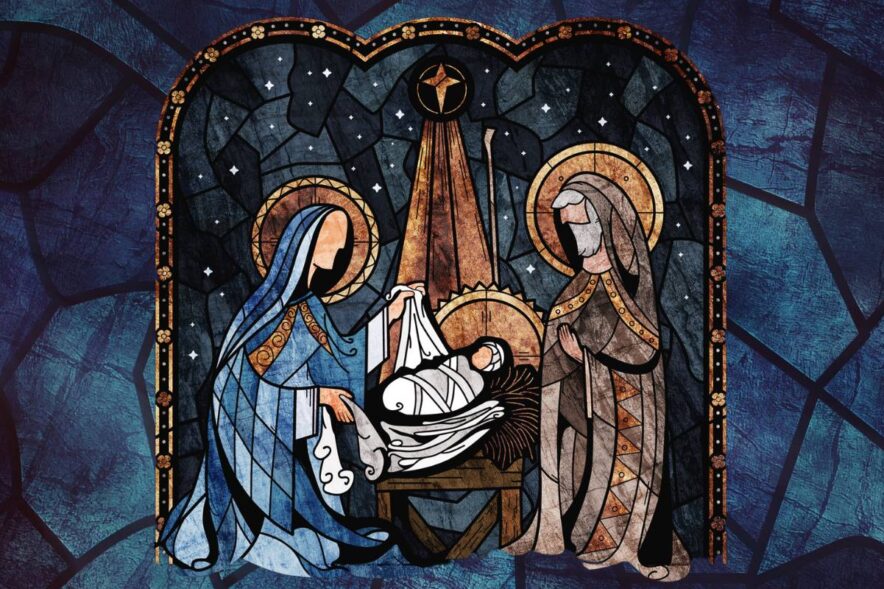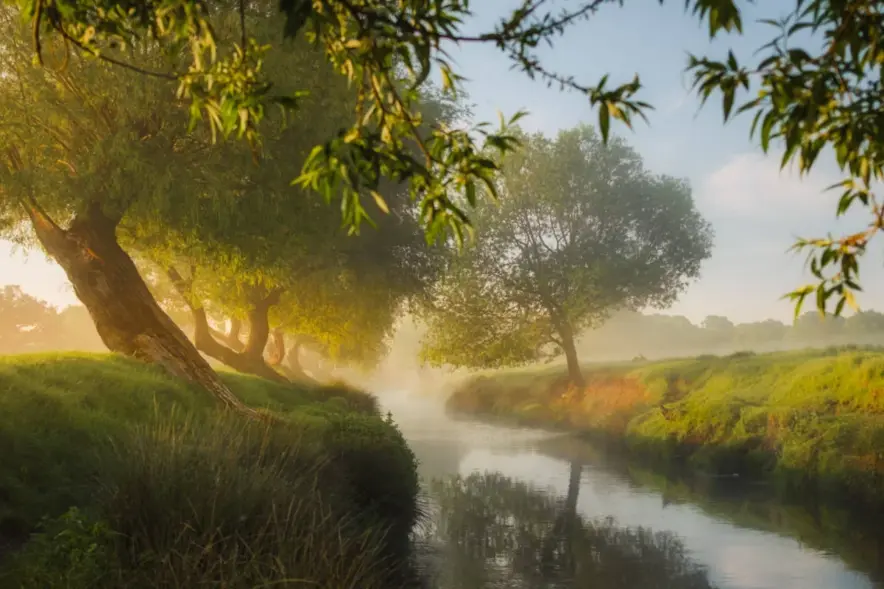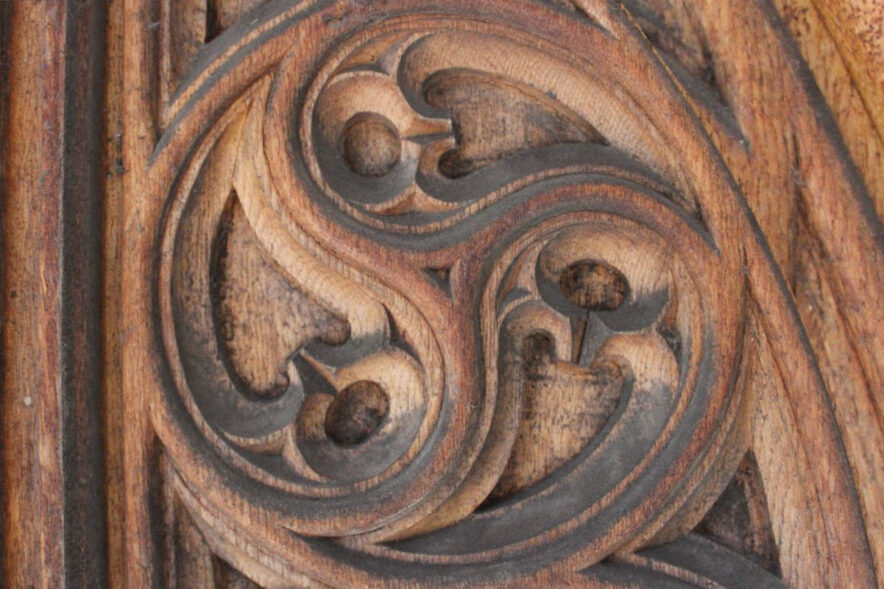Historical Christianity: The Creeds – Part 1 The Creeds: Defining Christianity It is not, I think, an entirely unreasonable...
Tag: christianity
Showed 10 to 18 posts out of 61 total under "Tag: christianity" category.
The cross of Christ is not just the centre of Christian faith; it is the place where heaven’s deepest...
At the beginning of this year, I had the incredible privilege of baptising my brother, Brett, into the Christian...
I was born and raised in New Zealand, the land of the long white cloud and a ratio of...
“And now, what are you waiting for? Get up, be baptised, and wash your sins away, calling on his...
Christmas is a unique time of year. Traditionally, it’s seen as a season of joy, hope, celebration, and family—a...
A New Heaven And A New Earth – What Comes After the End? Inarguably, it’s the end of the story...
If you’re an orthodox Christian, already familiar with the doctrine of the Trinity, you might like to head somewhere...
The ongoing conversation about the ‘role’ of women in the church, in marriage, and in society is not new....











